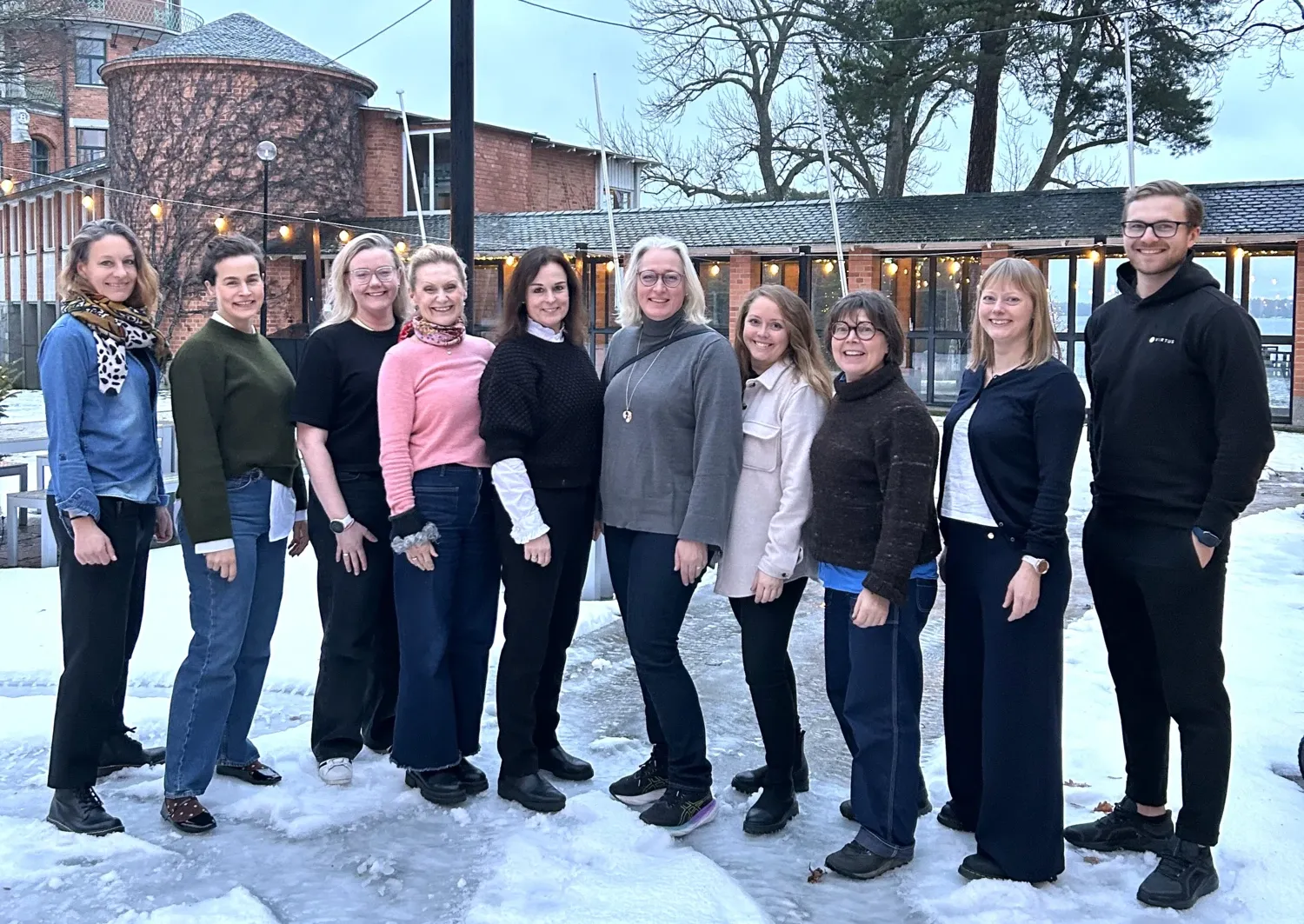Research focus
We work from a physiotherapeutic perspective for a physically active life and aging, which also includes individuals working in occupations with high physical exposure. Our research involves evaluating the effects of various physiotherapeutic interventions that improve function and health-related quality of life, thereby enhancing work performance and physical activity levels in daily life. Additionally, evidence-based training programs are developed and implemented, and predictors for future health are examined.
Read more about our research projects under the Projects tab.

